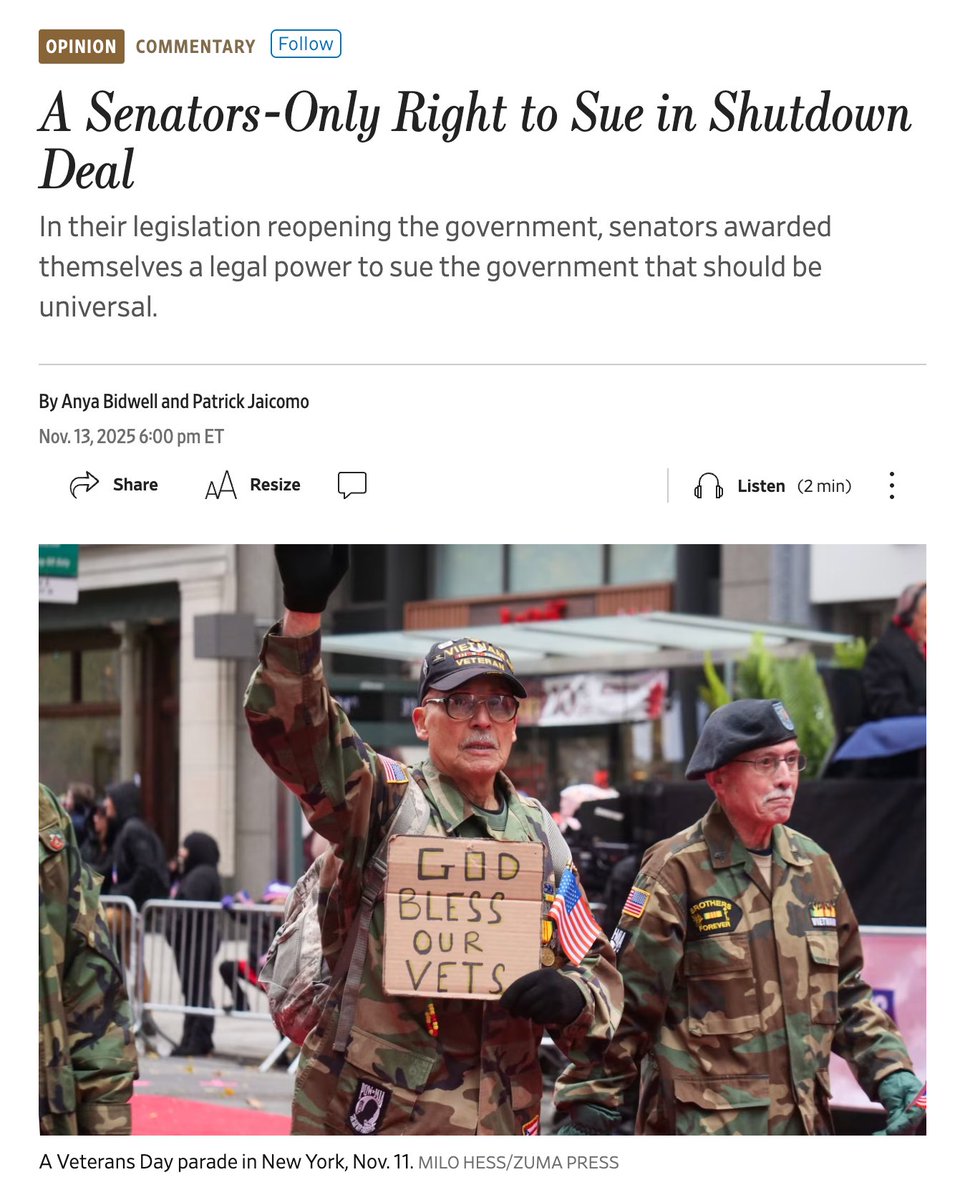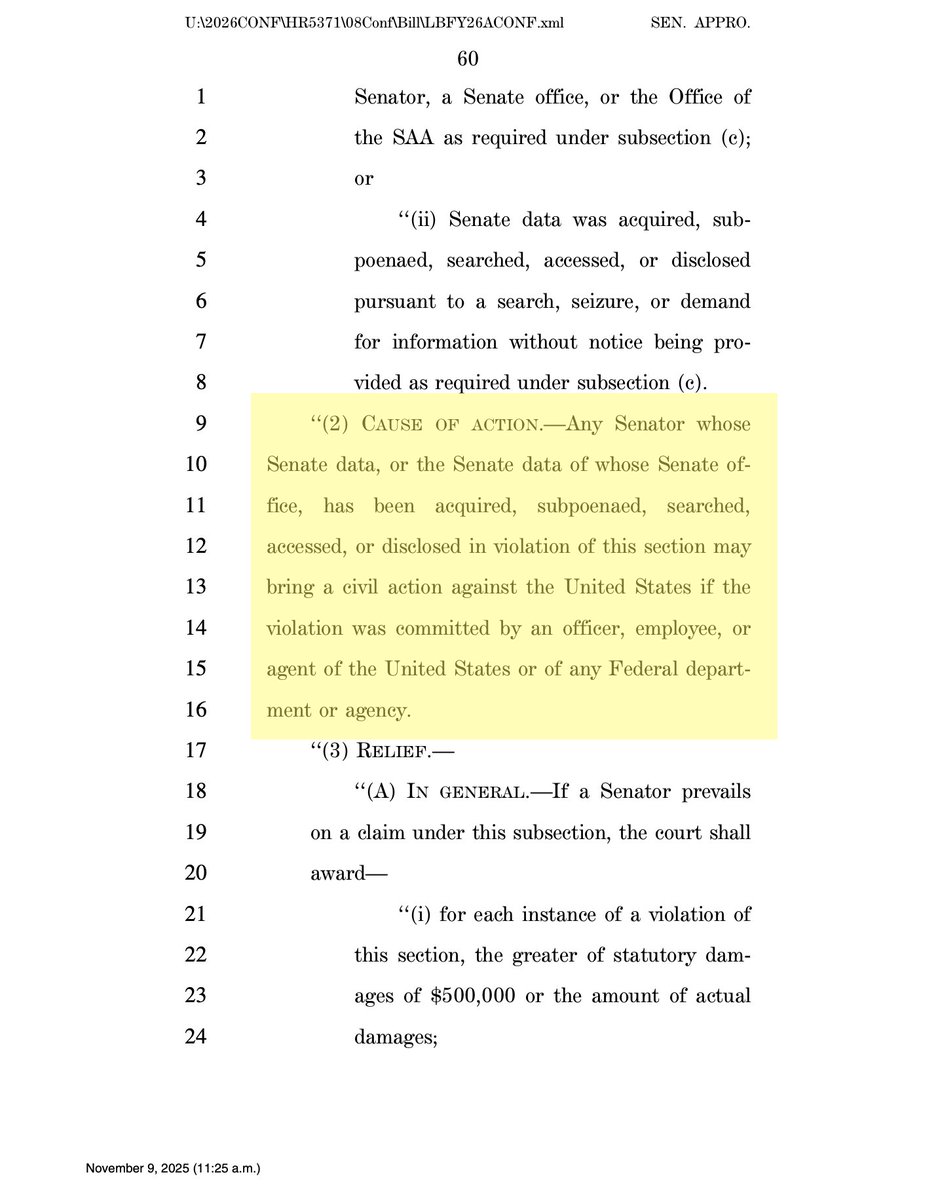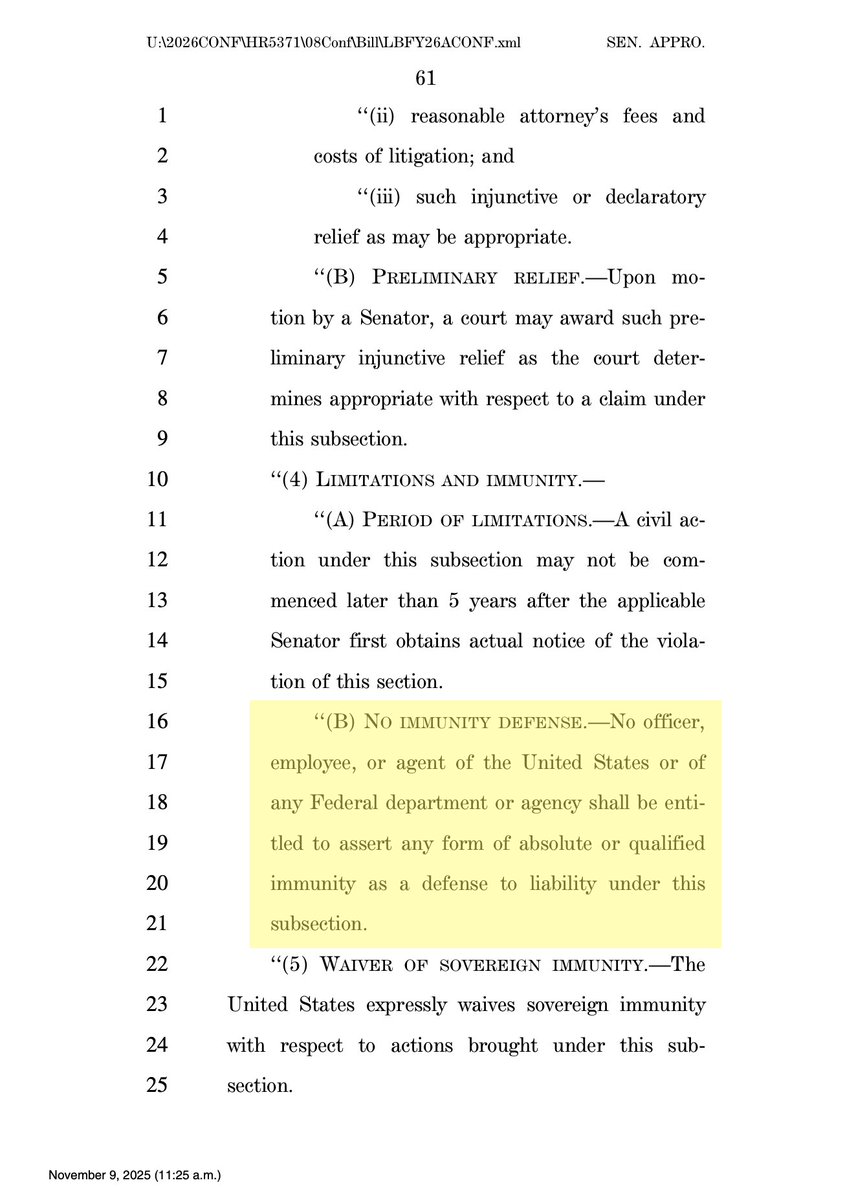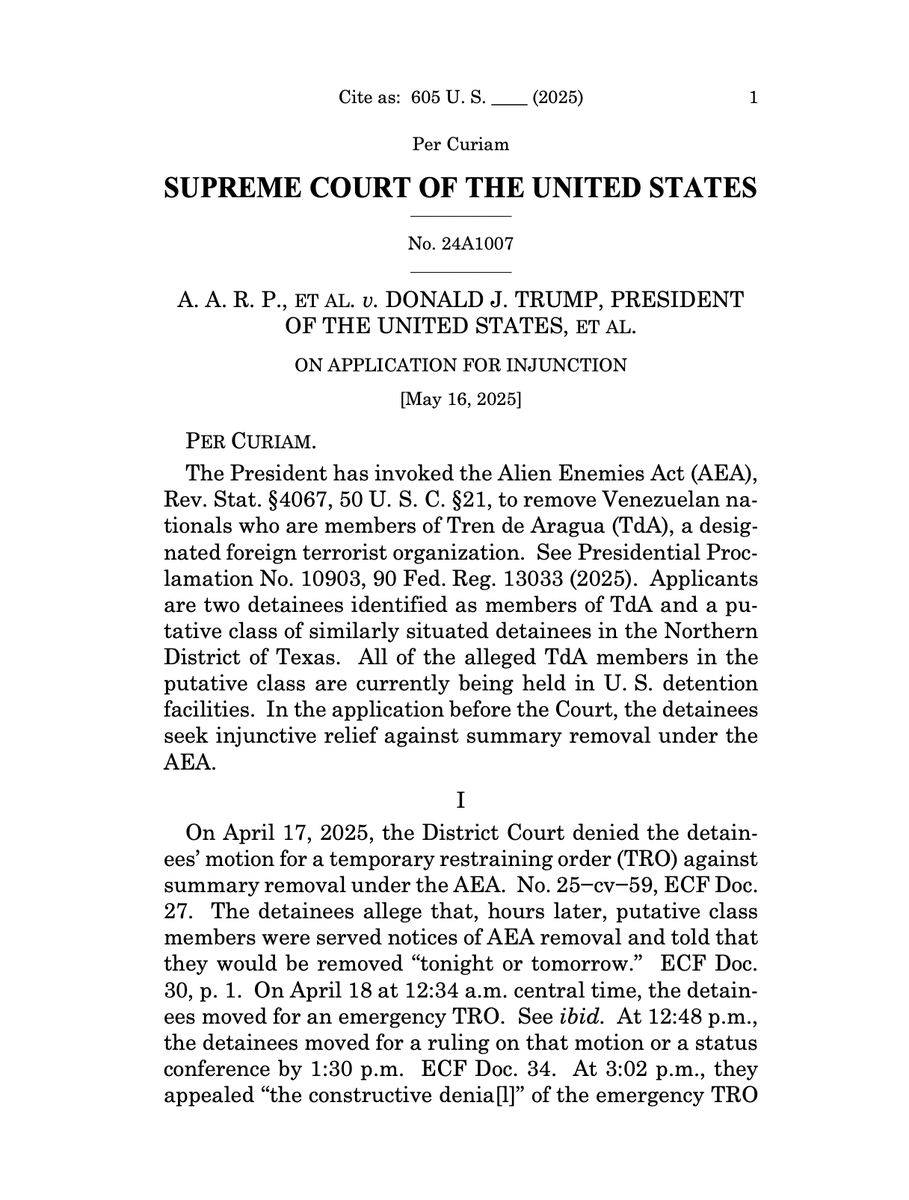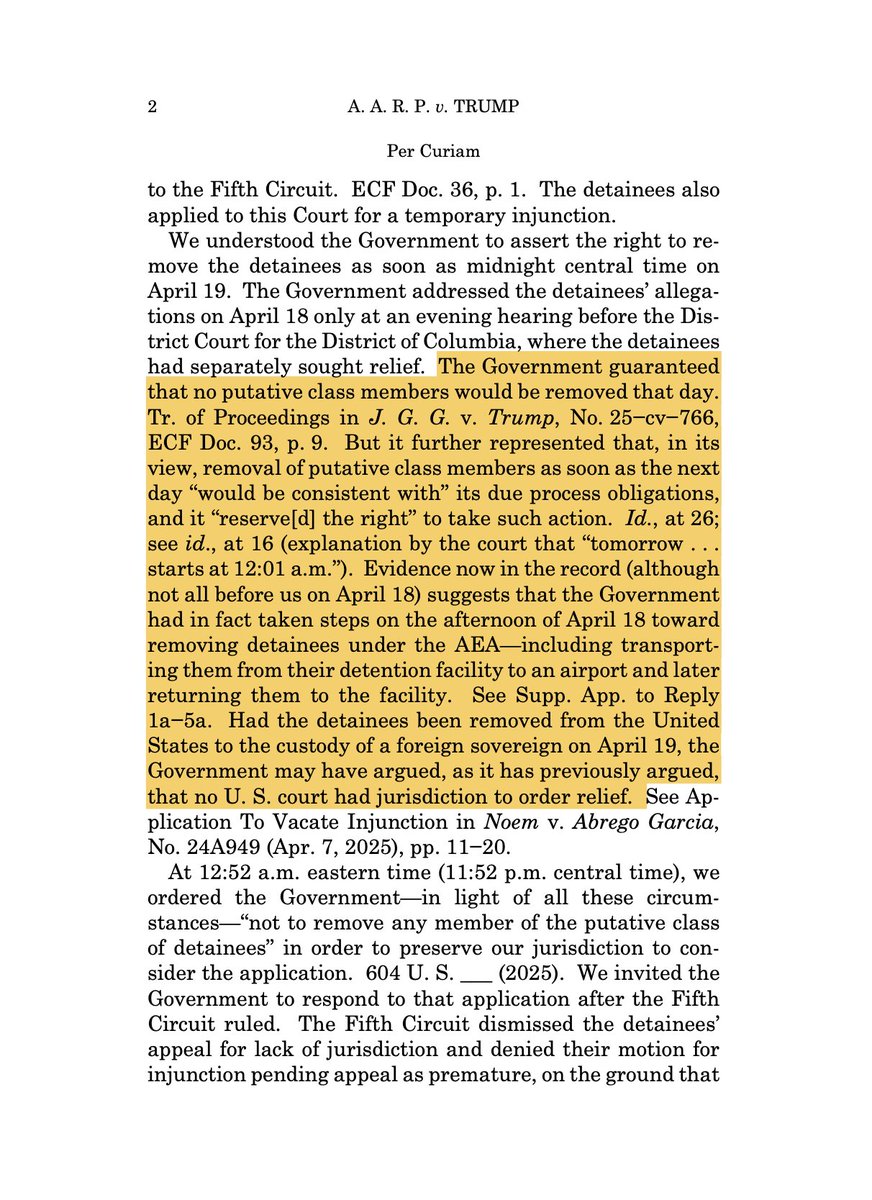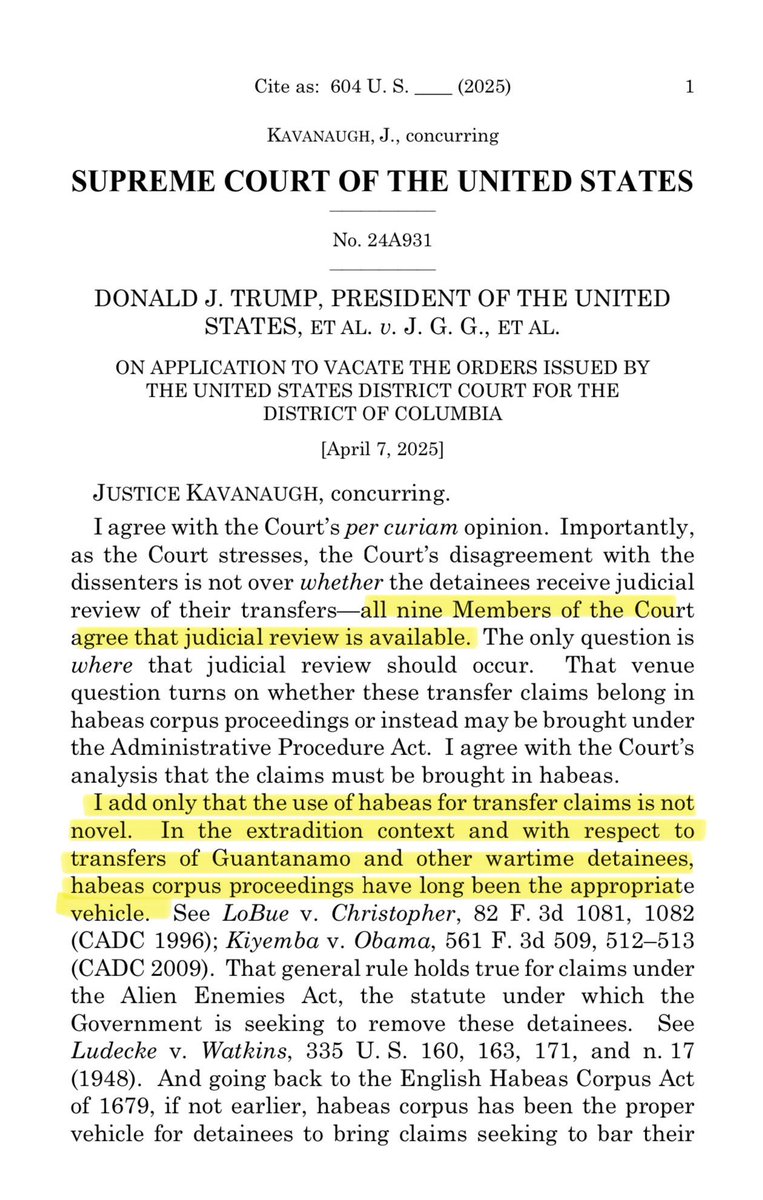🧵 @IJ's been fighting hard against #FirstAmendment retaliation - litigating a dozen cases in the past few years. But people don't realize that #SCOTUS has all but killed retaliatory *arrest* claims. It's wild. Let me tell you about it (and our case👇). 1/
ij.org/case/castle-hi…
ij.org/case/castle-hi…
While #SCOTUS is very protective of prior restraint on @USConst_Amend_I and kinda protective of non-arrest retaliation (but see #QualifiedImmunity), it's openly hostile to retaliatory arrest claims. See Nieves v. Bartlett. 2/ 





Worse still, the reason #SCOTUS immunizes police from retaliatory arrest claims? Pure *policy* (AKA judicial activism). You can't enforce the #FirstAmendment because police have a tough job. Seriously. Justice Gorsuch points this out in his concurrence in Nieves. 3/ 



Pause on the citation to Harlow, which gave us #QualifiedImmunity. The Court is *double counting* policy concerns. Police work is so tough that we need to only review actions through objective reasonableness, so police get QI *&* you can't sue for retaliatory arrest! Except: 4/ 



Call me old fashioned, but of all the things the gov't might do to stop me from speaking, throwing me in a cage and putting me on trial is at the top of the list. Yet, #SCOTUS says your 1A rights are weakest there. 5/
https://twitter.com/pjaicomo/status/1600136687476039682?s=20
So when @IJ sued a mayor, police chief, and lawyer for conspiring to have our 72yo client Sylvia arrested and jailed on trumped up charges because she was trying to remove a city manager in Castle Hills, TX, the 5th Cir. threw out our case. Why? 6/
ca5.uscourts.gov/opinions/pub/2…

ca5.uscourts.gov/opinions/pub/2…


Sylvia can't satisfy the so-called jaywalking exception because, even though she showed that no one had *ever* been charged under similar circumstance (by reference to hundreds of warrants), that wasn't enough. The 5th Cir. created a circuit split to reach that conclusion: 7/ 



But who came to Sylvia's defense? Conservative Judge Oldham, who explained in dissent that the majority's interpretation makes no sense. How can you prove there are other jaywalkers who *aren't* charged? It's impossible. 8/ 



Morever, Oldham explained, the history of the #FirstAmendment should mean that Sylvia's political speech is sacrosanct. And that should never be ignored (or thwarted by #QualifiedImmunity). 9/ 





.@IJ argues the general rule from Nieves shouldn't even apply outside of split-second decision making. And Judge Oldham agrees. (Really, it shouldn't apply at all - as Justice Sotomayor explained in dissent in Nieves.) 10/ 



And Judge Ho, another conservative 5th Cir. judge, also came to @IJ's aid, dissenting from the court's denial of our petition for rehearing. 11/
ca5.uscourts.gov/opinions/pub/2…

ca5.uscourts.gov/opinions/pub/2…


So, with a #CircuitSplit, dissents from 2 well-known conservative judges, and the Constitution on our side, @IJ will ask #SCOTUS to revisit this issue in Gonzalez v. Trevino. As Judge Ho explained, policy-based doctrines have swallowed the #FirstAmendment in many instances. /end 


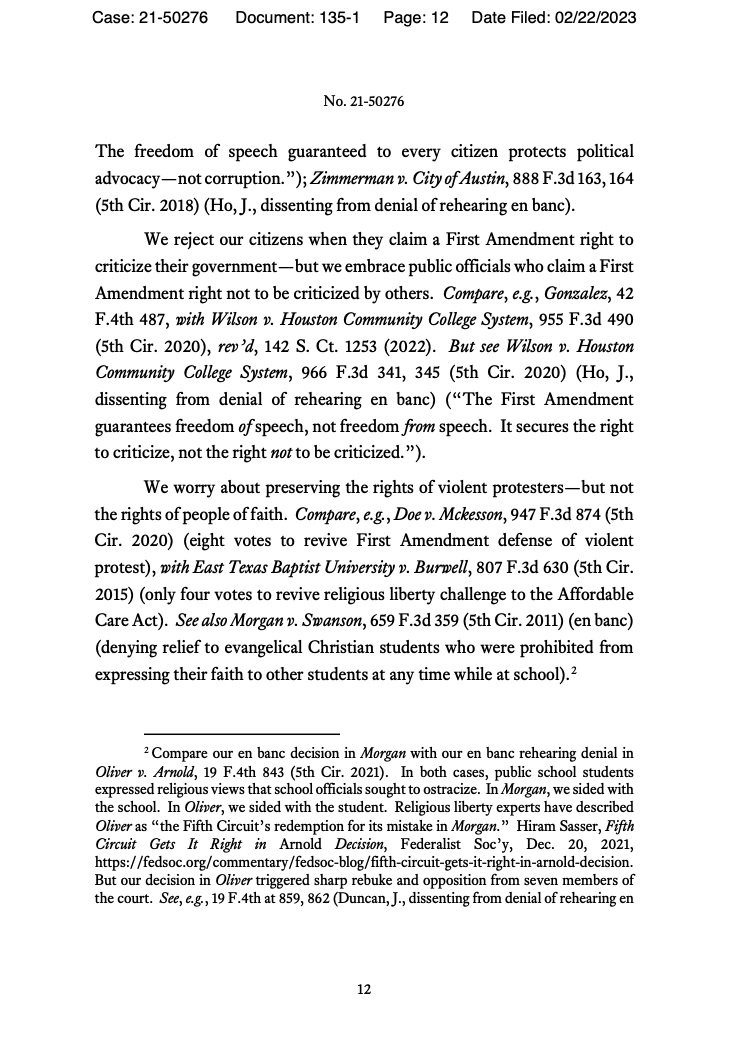
• • •
Missing some Tweet in this thread? You can try to
force a refresh


